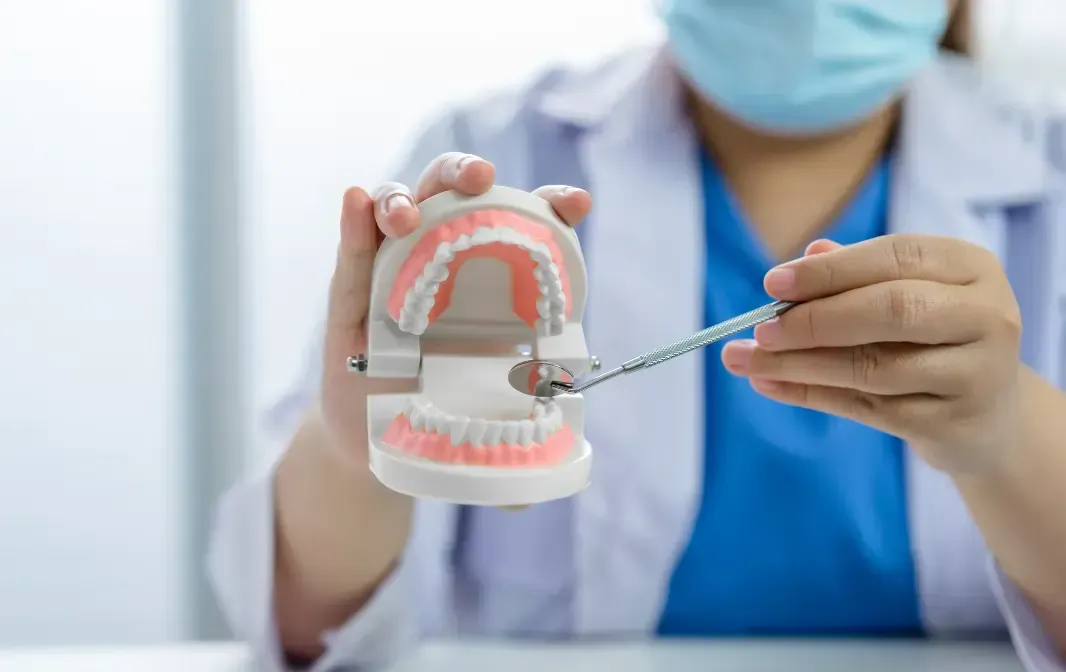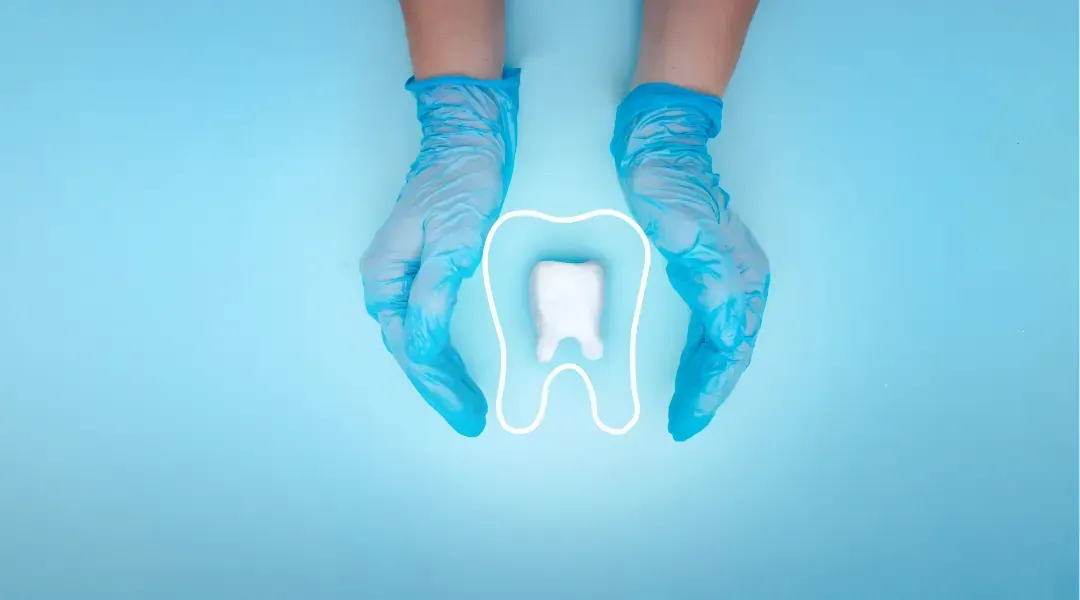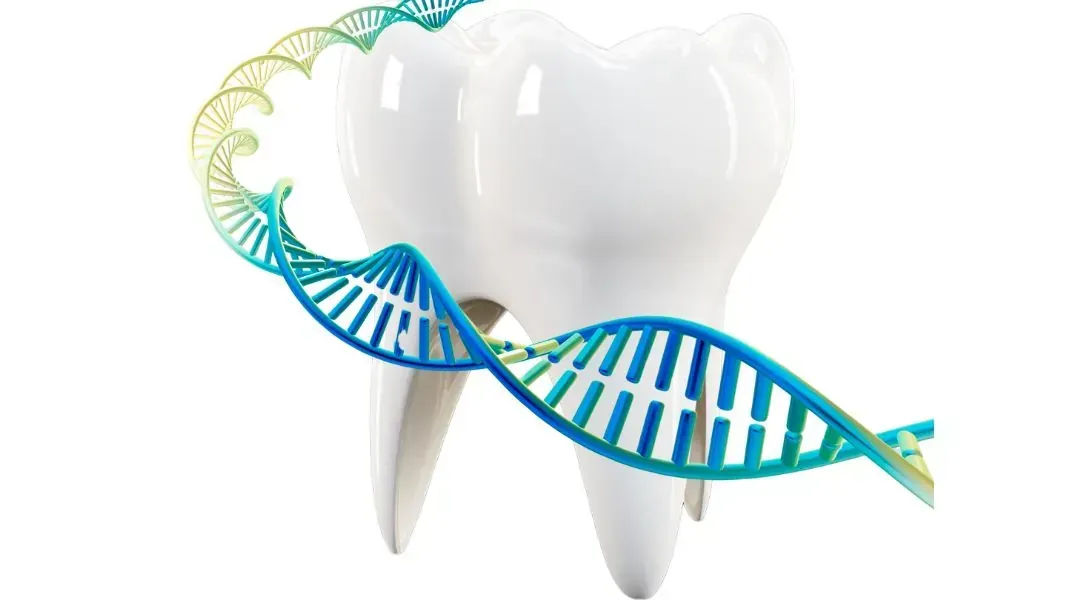How to Decide Between a Root Canal and Dental Implant
Deciding between a root canal and a dental implant can be challenging, especially when you're faced with the discomfort of an infected tooth or the prospect of tooth loss. Both are common dental treatments and nothing to be afraid of, but they do come with their own benefits and drawbacks.
Root Canal: Preserving Your Natural Tooth
A root canal is often the first line of treatment when a tooth becomes severely infected or decayed but can still be saved. When you get a root canal, the dentist removes the infected pulp and then cleans and seals the tooth, preventing future infection. One of the primary benefits of a root canal is that it allows you to keep your natural tooth. Preserving your natural teeth is usually the best option because it maintains the natural structure of your mouth and jaw, preventing the movement of neighboring teeth and supporting normal chewing and biting forces.
However, root canals are not without risks. There is always a chance of undetected cracks in the root or breakdown of the seal over time, which could lead to reinfection. If a tooth is deemed unsalvageable due to extensive decay or structural damage, a root canal may not even be a choice, and extraction followed by an implant could be necessary.
Dental Implants: A Permanent Solution for Tooth Loss
Dental implants offer a durable and aesthetically pleasing solution when a tooth cannot be saved. Implants are designed to mimic the appearance and function of natural teeth and are fixed into the jawbone, which helps preserve bone density over time. Unlike a root canal, which relies on the existing tooth structure, implants are independent and do not affect neighboring teeth. This independence prevents the need to alter adjacent teeth, as is necessary for bridges, and helps in maintaining the alignment of the surrounding teeth.
The primary drawbacks of dental implants include the time required for the procedure and the psychological effect of losing a natural tooth. Implants typically involve a longer treatment process that includes surgery and several months for the bone to integrate with the implant post. While implants have a high success rate, they are susceptible to infections and require good oral hygiene to prevent complications. Additionally, losing a natural tooth, especially your first one, can cause anxiety. However, the long-term benefits of an implant vs a root canal are easily justifiable, but sometimes emotion trumps logic, and it comes down to personal choice based on the circumstances.
Making the Right Choice
The decision between a root canal and a dental implant should be made carefully with consideration of your individual circumstances including the state of the infected tooth, your health, and your financial situation. Consult with your dentist so they can provide recommendations based on your dental history.









